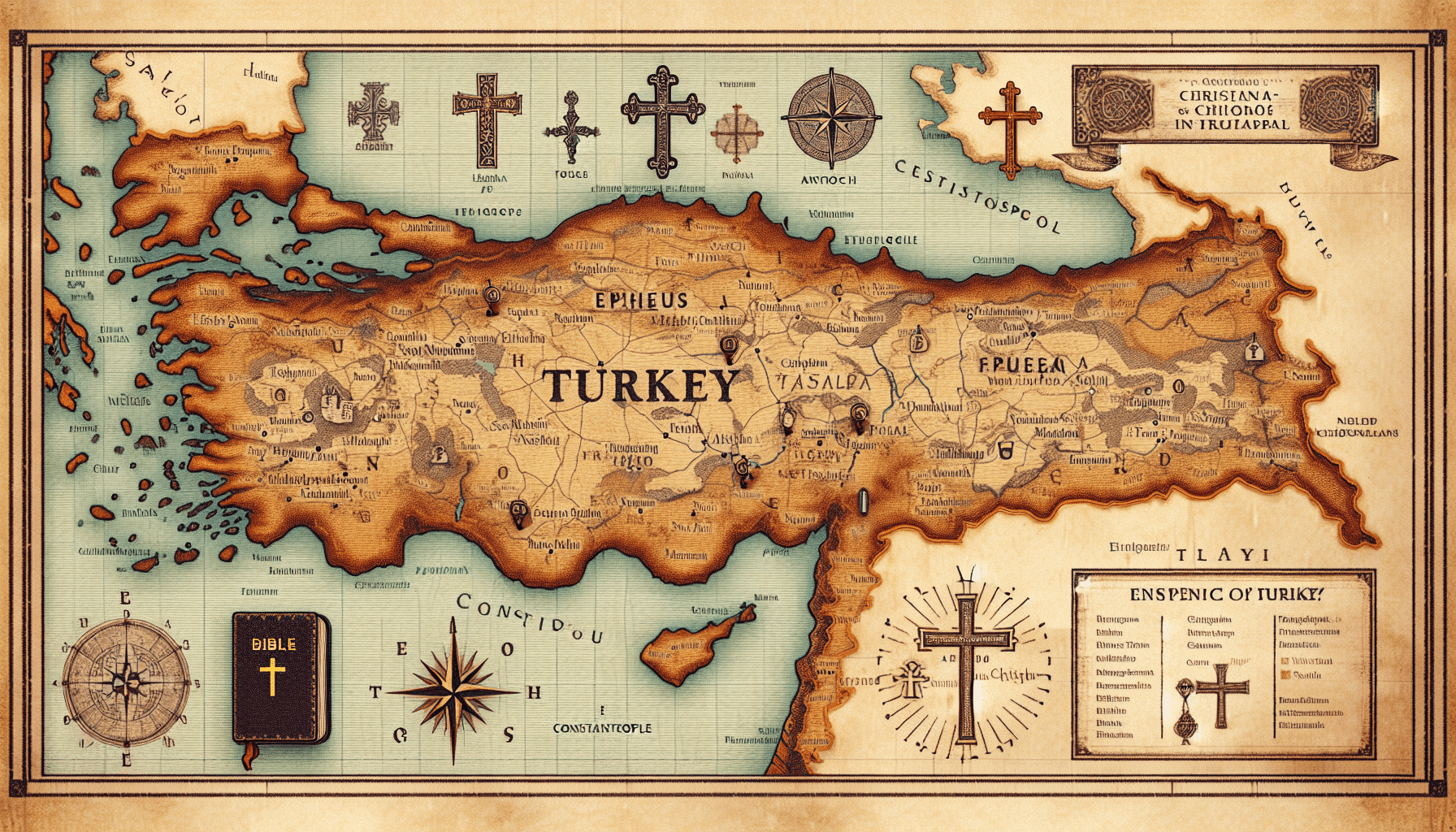Welcome to an exploration of the fascinating history of Christianity’s development in Turkey. From biblical sites like Ephesus and Antioch to the influential figures such as the Apostle Paul and Constantine the Great, Turkey played a significant role in shaping the early days of Christianity. By delving into the rich religious and cultural heritage of this diverse country, you will gain a deeper understanding of the profound impact Turkey had on the spread and evolution of Christianity. Join us on this enlightening journey through time and discover the profound influence that Turkey had on the development of Christianity. Have you ever wondered about the significant influence Turkey has had on the development of Christianity? From biblical landmarks to early Christian communities, Turkey plays a vital role in the history of this religion. Let’s explore the rich history and impact of Turkey on the development of Christianity.

